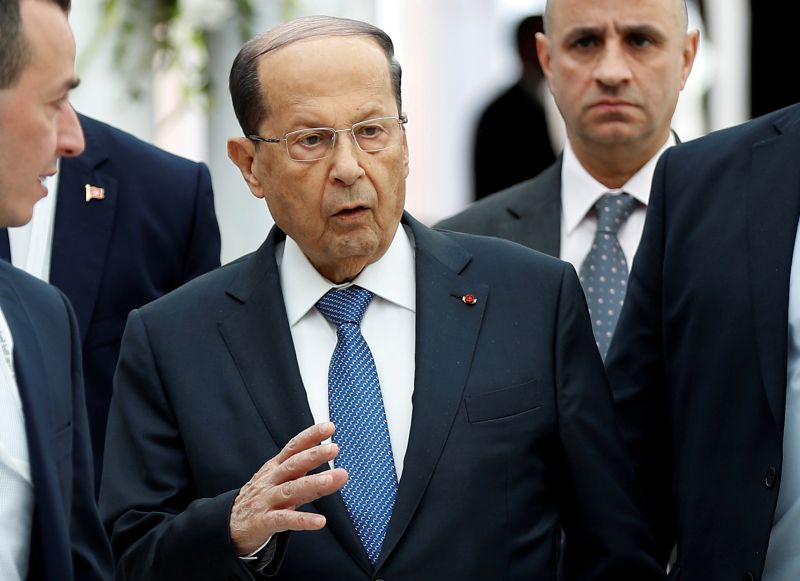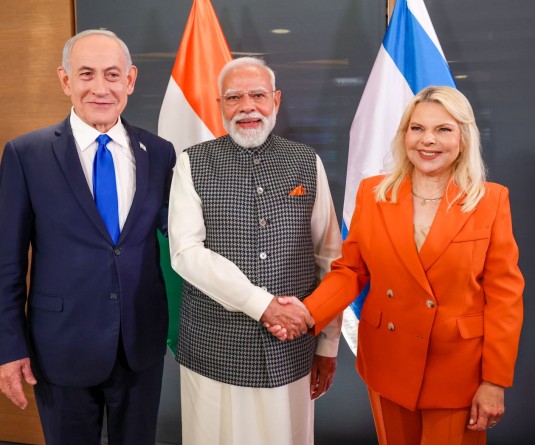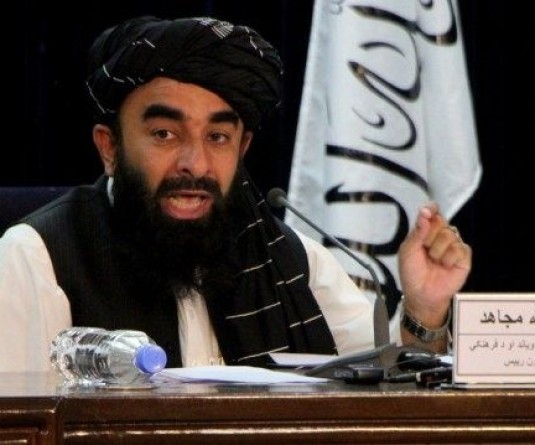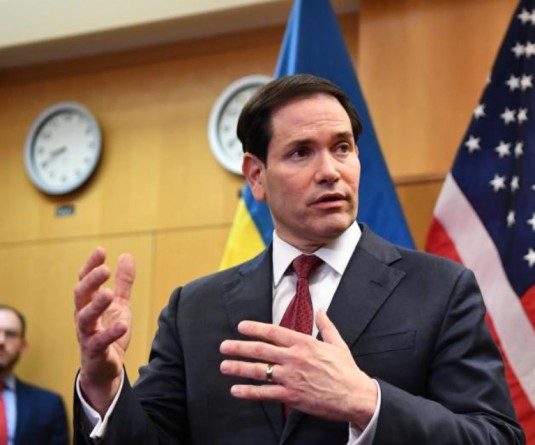Lebanon hopes U.S. will resume mediation in border disputes with Israel

Lebanese President Michel Aoun, gestures upon his arrival at Tunis-Carthage International Airport to attend the Arab Summit, in Tunis, Tunisia on March 30, 2019. (REUTERS File Photo)
BEIRUT, September 10 (Reuters): Lebanon's president said he hopes the United States will resume mediation efforts to resolve a land and sea border dispute with Israel, after the man who had been leading them changed jobs.
President Michel Aoun made the comments, reported in state news agency NNA, after meeting the new U.S. assistant secretary of state for Near Eastern affairs, David Schenker.
Schenker's predecessor, David Satterfield, had been shuttling between Lebanon and Israel to get the two countries to discuss their disputed maritime border. They have remained formally in a state of war since Israel was founded in 1948.
"Several points had already been agreed on [as Satterfield departed] and there remain only a few sticking points in the terms of negotiations," Aoun said. Satterfield last month became the U.S. ambassador to Turkey.
Schenker said the United States was ready to renew efforts towards the demarcation of land and sea borders in south Lebanon.
Beirut has an unresolved maritime border dispute with Israel over a sea area of about 860 square kilometres (330 square miles) extending along the edge of three of Lebanon's southern energy blocks.
Lebanon last year licensed a consortium of Italy's Eni, France's Total and Russia's Novatek to carry out the country's first offshore energy exploration in two blocks. One of the blocks, Block 9, contains waters disputed with Israel.
There is also disagreement between the two countries over a border wall that Israel is building. The Israeli army has previously said the construction work is being done on sovereign Israeli territory.
The Lebanese government says the wall passes through territory that belongs to Lebanon but which is located on the Israeli side of the U.N.-designated Blue Line, which demarcated Israel's withdrawal from southern Lebanon in 2000.






